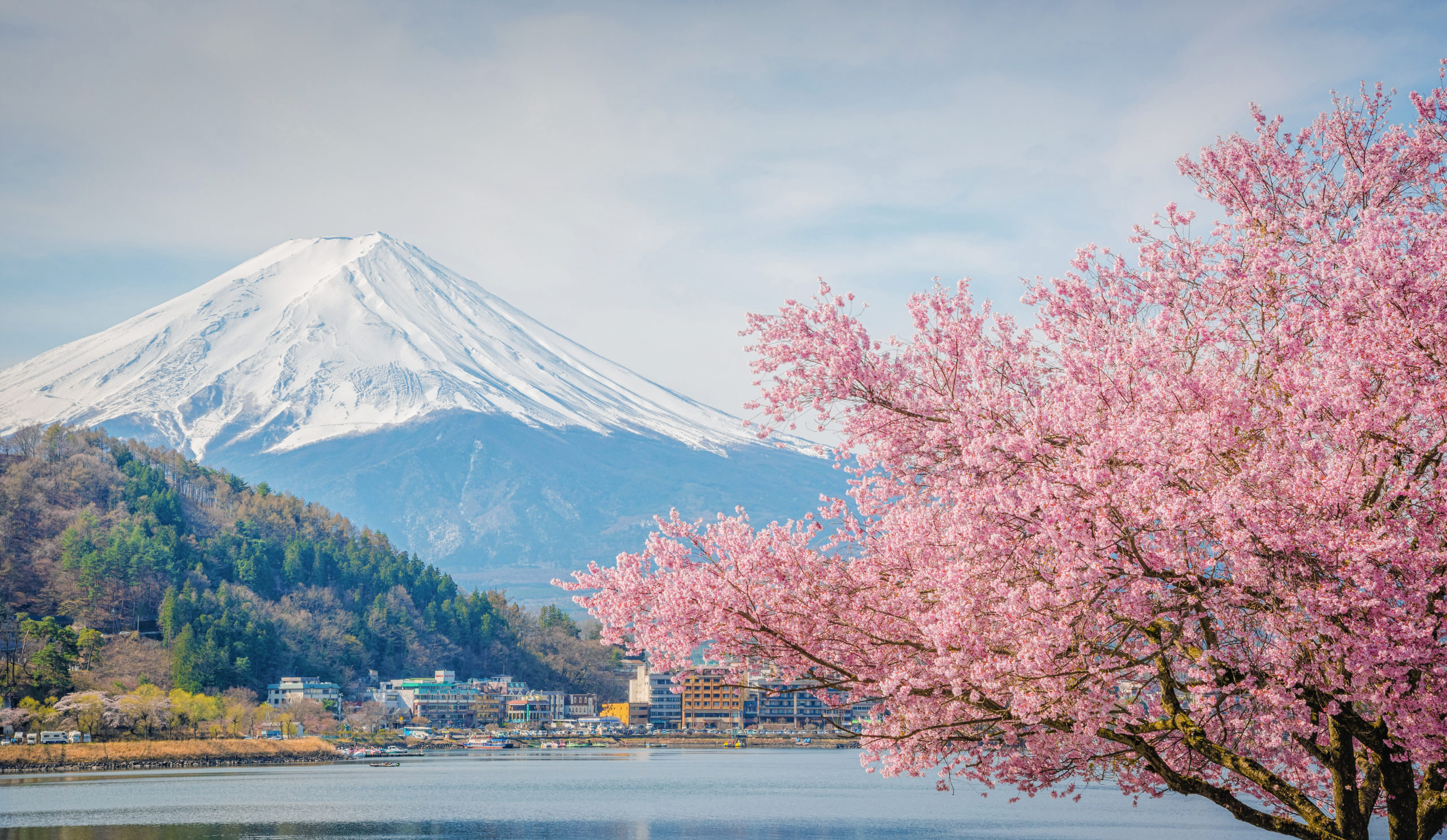Difference between Nippon and Nihon

Difference between Nippon and Nihon
Which is correct – Nihon” or “Nippon”?
If you ask Japanese people what the official name of Japan in Japanese is, you will notice that many of them are not able to answer this question, as they may not know whether Nippon or Nihon is the official name. The Japanese government also had to discuss this topic. According to the cabinet council decision made in 2009, both Nippon and Nihon can be used and both are official names of Japan in the Japanese language. Interestingly, this indicates that Japanese people have been confused about the official name of their own country for years.
You may wonder why there are two different but similar ways of pronouncing in Japanese the name of the country of Japan. The answer to this can be found in the field of phonetics – the study of the sounds of languages.
The sound “h” is often difficult for speakers of some languages of the world. A typical example would be the French language. The French do not typically use or pronounce the sound of “h” and as a result, it may be very difficult for native speakers of French to distinguish a sound with “h” and without “h”. Also, they would often have difficulty pronouncing them.
To put it another way, if they communicate among themselves in the French language, the sound of “h” does not really matter, whereas if they communicate with someone in English, it does matter.
It is very common that similar sounds which are considered the same in one language are considered two separate sounds in another language. In the English language, sometimes the sound of “h” is weak and not pronounced. For example, when you say “I like her”, it is often pronounced “I like ‘er”.
If you have Japanese people pronounce “ha, hi, hu, he, ho”, and listen very carefully, you will notice that the “h” sound they use is very different from the English “h” sound. “Hu” is often pronounced as “Fu”. This shows that even for Japanese people today, the “h” sound is rather difficult, so in place of the “h” sound they substitute a similar sound which is quite different from the English “h” sound. (They may confuse the “h” sound with the “f” sound and they may use the “h” sound when they should use “f, for instance, saying “hood” in Japanese when they should say “food”. Or just ask some Japanese say “hit” in English. They probably make a very fricative sound which is different from the English “h” sound.
Although nowadays the Japanese do not substitute the “h” sound for the “p” sound, it would be natural to presume that they substituted the “h” sound for the “p” sound when they pronounced words that included an “h” because “h” was difficult to pronounce while “p” was an easy sound to make. It is even easy for babies. In other words, in the early days they did not distinguish the “h” sound from the “p” sound. However, hundreds of years later, the Japanese gradually started to distinguish the “h” sound and the “p” sound and also started to use the “p” sound intentionally. This resulted in a situation in which some people pronounced “Nihon” while others used the pronunciation “Nippon”. Very simply, they pronounced “Nihon” as “Nippon”, as they could not pronounce the “h” sound, nor could they distinguish between the two sounds.










